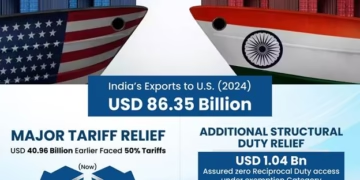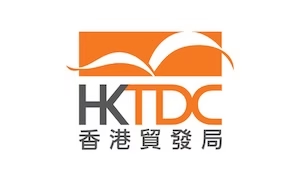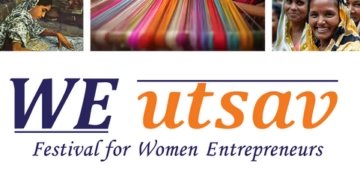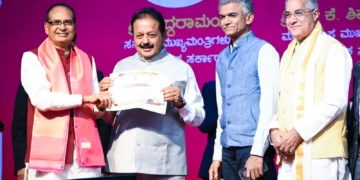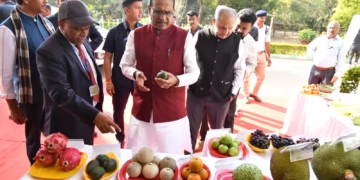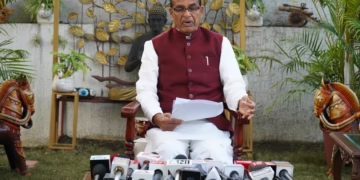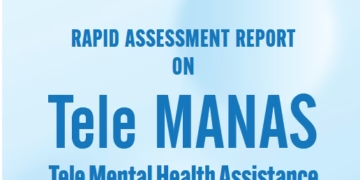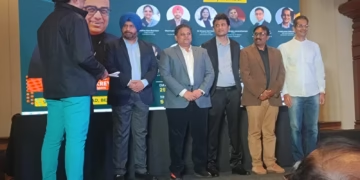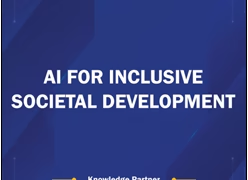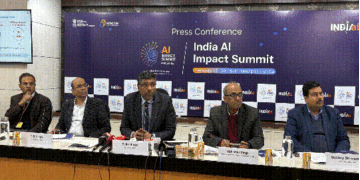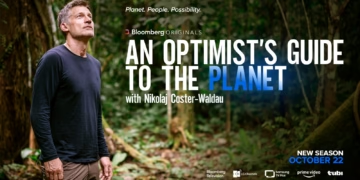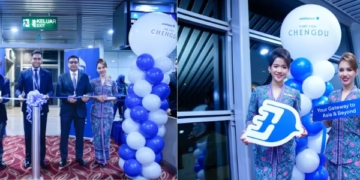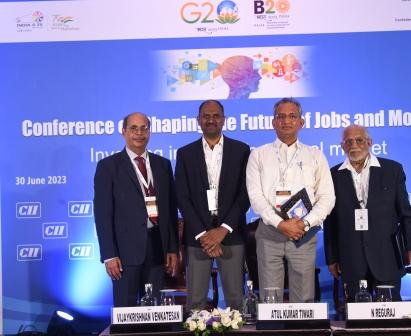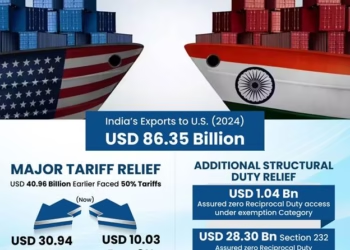30 June 2023 Bengaluru
Confederation of Indian Industry (CII) organised the B20 conference on Shaping the Future of Jobs and Mobility with the theme ‘Investing in Talent for Global Market’ today at Bengaluru.
The skilling ecosystem is undergoing rapid evolution due to the emergence of new technologies such as Artificial Intelligence (AI), Internet of Things (IoT), and data analytic. These skillsets are driving significant transformations in manufacturing processes, enabling real-time monitoring, predictive maintenance, and efficient resource allocation, thus revolutionizing the industry. Under the B20 India 203, CII has been organising various thought leadership forums and conferences to discuss and deliberate on the impact of Future of Work, Skilling and Mobility. Being held at an opportune time, when India is being looked upon as the Talent Powerhouse of the world, the conference deliberated on impact and strategies for shaping the Future of Jobs and Mobility and the need to Invest in Talent for Global market.
While addressing the Inaugural Session, Mr Atul Kumar Tiwari, Secretary, Ministry of Skill Development & Entrepreneurship, Government of India spoke about the initiatives being undertaken by the Government to foster the skilling ecosystem which are aligned with Industry requirements and future skillsets.
He addressed the necessity of dynamic approach towards Skilling where the requirements of future skills are evolving at a rapid pace in this dynamic industrial ecosystem. In his inaugural address, The Secretary said that “the framework to address the future of work comprises of three key aspects being ‘Work, Workers and Workforce, which is being advocated by the Government to embrace the changing landscape of skilling”. He added that an ideal approach would be to align education with industrial requirements and having academia support these efforts. This approach, as understood by stakeholders, will be implemented through a two-pronged strategy known as the National Curriculum Framework and the National Credit Framework. The Secretary mentioned that the GDP of our country could increase by 6.14% if adequate focus is given to upskilling, may also reach 10-12% if we rework our approach to reskilling and upskilling.
Delivering the Welcome Address, Mr Vijaykrishnan Venkatesan, Chairman, CII Karnataka State Council & Managing Director, Kennametal India Ltd spoke about need to balance traditional skilling with future skillsets, which could augment the industrial efficiency and output. He said that transcending domain boundaries is the key for our country’s talent pool and the Government of India has been striving to foster an ecosystem that enables demand driven skilling.”
Dr N Reguraj, Past Chairman, CII Karnataka State Council & Chairman & Managing Director, Nettur Technical Training Foundation while setting the context, mentioned that the Future of Jobs shall rely largely on advanced and specific skills for which most companies utilize tech-driven solutions to align with emerging trends. “A shift in the nature of jobs is inevitable and the faster pace of adaptability, flexibility and responsiveness will help the ecosystem to be agile and be future ready”, he added.
“Secretary, Department of Youth Affairs, Mrs Meeta Rajivlochan spoke about an impactful initiative by the Department of Youth Affairs “Experiential Learning Program” that aims to bridge the gap between Indian youth and industries. This innovative initiative connects young people with businesses through the user-friendly Yuva portal (www.yuva.gov.in), enabling them to gain valuable practical experience. By targeting tier 2 and tier 3 cities as well as small businesses with an annual turnover of 40 lakh, the program creates opportunities for both young individuals and industries to mutually benefit and grow together.’”
The conference focussed on initiating discussions around Future of Work and need to build skilled workforce aligned to current and future requirements on a global scale, especially among G20 countries. The conference brought together Industry captains, policymakers, multilateral agencies, and members from across G20 countries, along with International and national domain experts.

